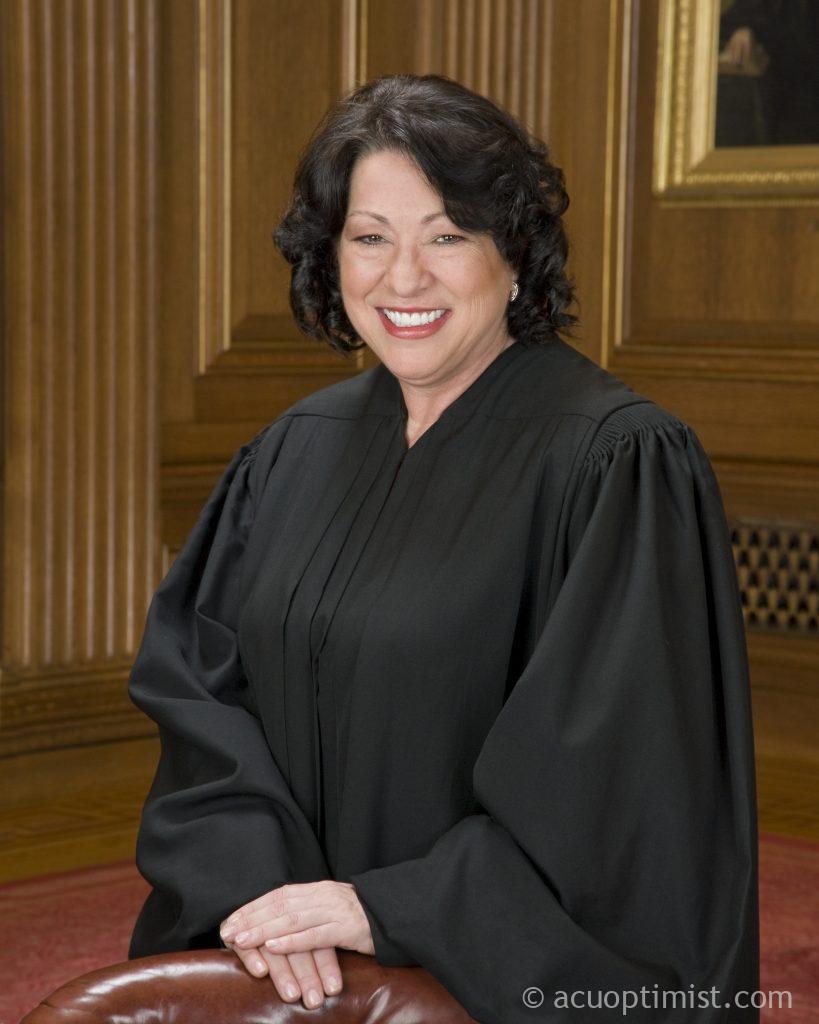After the Provost’s Office announced how classes would be socially distanced for the fall semester, Brad Benham, director of Lynay, started planning a new format for events with speakers.
“We began thinking of how social distancing and masks would impact our program,” Benham said. “We normally meet in three groups of 100 students, but we quickly realized there wasn’t a room on campus where we could do that.”
Rather than having speakers come for multiple groups of students, Benham decided that it would be easier to record Zoom calls with outside speakers and create a panel of students to interact with the speaker and ask questions on behalf of the larger group.
“We quickly realized that if we were going to do that, the person didn’t have to be from Abilene or even connected to Abilene,” Benham said. “It gave us a chance to really think about people that would normally never get to West Texas.”
Benham made a “dream list” of potential speakers and immediately began contacting them via email, Twitter, letters or phone. He aimed for an even mix of speakers: both female and male, as well as varying ethnicities to better represent the diversity of students in the Lynay program.
“I started looking at lists and articles of influential leaders and public servants in the United States, and Justice Sotomayor was highly ranked on literally every one of those lists,” said Benham. “That being said, when I sent a formal request letter to her chambers last July – I never really thought they would respond, let alone, say ‘Yes.’”
But yes is exactly what Benham and the Lynay group heard in late September, and a private Zoom event was set up for the afternoon of Nov. 10. Five student panelists would get the opportunity to virtually join Justice Sotomayor and ask her questions for one hour, while the rest of the 300 members of Lynay would watch a livestream of the conversation on the big screens in Moody Coliseum.
Benham worked to pick students for the panel based on their career interests in law, their personal backgrounds or students who have a history of asking good questions to speakers in class.
“Brad had actually already chosen four of the panelists, but I told him I really wanted to be on that panel,” Karla Mendoza, a marketing major from McAllen said. “I come from a Hispanic family, and so I’ve known of Justice Sotomayor for a very long time because of the way she interacts with the Hispanic and Latino community. She means a lot to me, and I have always appreciated how she represents our culture.”
Mendoza joined Allaya Ford (’20). Graham Cepica (’21), Adelynn Vasquez (’21) and Anthony Cervera (’22) in representing both Lynay and ACU in the discussion with Justice Sotomayor.
In the weeks leading up the event, the panelists read books, watched dozens of interviews and learned as much as they could about Justice Sotomayor in an effort to craft the best questions possible for their time speaking with her.
“There are many topics that Supreme Court Justices are not allowed to discuss because they could involve issues that may come up before the Court, therefore, we actually needed to submit our students’ questions a week in advance,” Benham said. “To prepare for this, every Friday for over a month, we met with the five panelists to watch a video, to read an opinion and to discuss Justice Sotomayor’s personal story and legacy.”
In the end, the panelists came up with 20 questions and sent them to the Justice’s office for approval. With the help of Justice Sotomayor’s assistant, the team was able to narrow down their topics to six questions that covered a range of topics.
Following the successful event, Benham was proud of the student panelists and the wisdom shared by their distinguished guest.
“If I could have scripted out what I would have wanted Justice Sotomayor to tell a group of 300 college students, she said everything I would have wanted her to say and more,” Benham said. “She really hit all of my dream scenarios of what I would want students to learn from a Justice: Civil discourse. Being passionate about what you believe in but still being willing to listen to another person’s viewpoint. The need to serve our community and our country. It was an incredible hour for our students.”
For Mendoza, who graduated along with panelist Allayna Ford this past December, the chance to interview one of her heroes was an unforgettable opportunity and a highlight of her time at ACU.
“Justice Sotomayor emphasized how her passion and her hard work helped get her to where she is today. And it was really awesome for all of us to hear that story of perseverance,” Mendoza said. “Our future success is not about the culture, family style or income level that we grow up in – it is really about how much passion and drive you have inside. It is about the work you are willing to put into reach your dreams.”


